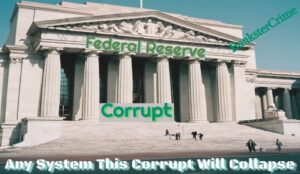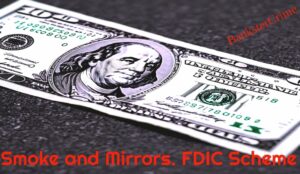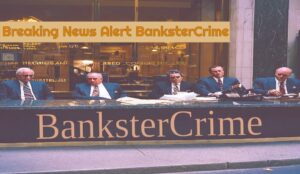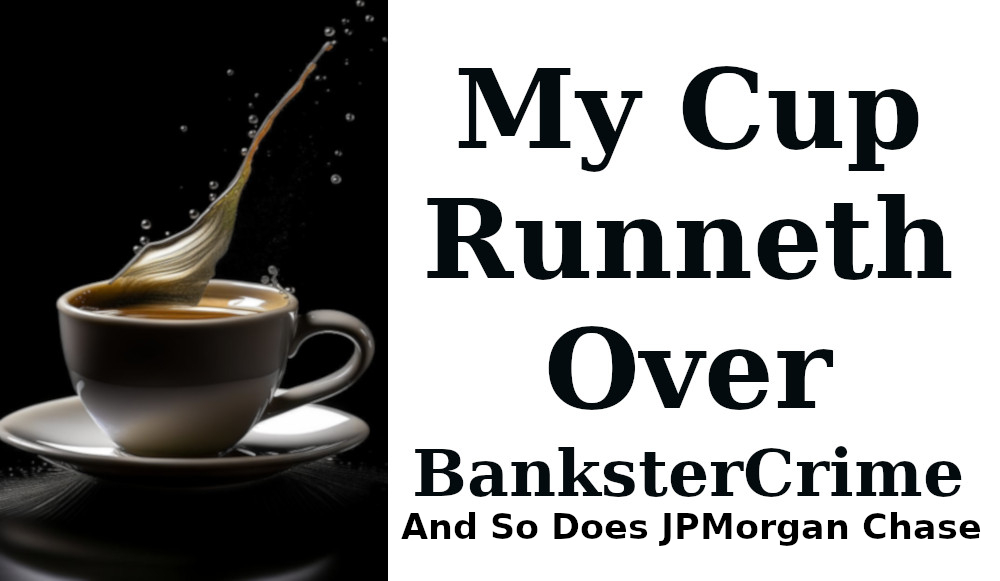
HNewsWire:
Saudi Arabia’s Wealth Fund Dumps Its JPMorgan Chase Stock; Warren Buffett’s Berkshire Hathaway Did the Same in 2020
By Pam Martens and Russ Martens,
Foreign central banks and sovereign wealth funds are required under U.S. law to report their publicly-traded U.S. stock positions no later than 45 days after the end of each calendar quarter, if those stock holdings reach $100 million or more. This is done on Form 13F, which is filed with the Securities and Exchange Commission (SEC).
Sophisticated traders, algorithms at the big trading houses on Wall Street, and giant hedge funds mine that data to spot bullish or bearish signals they might be able to trade on.
Unfortunately, for reasons we haven’t been able to unleash from the tight grip of the SEC over many years, some of the central banks and sovereign wealth funds with massive holdings in U.S. stocks do not report their holdings, or, the SEC is granting them confidentiality.
One sovereign wealth fund that has been reliably reporting its U.S. stock positions since 2019 is Saudi Arabia’s Public Investment Fund (PIF). It filed its 13F yesterday for the quarter ending March 31, 2024. It showed it held 38 U.S. stock positions with a total dollar value of $20.55 billion.
One stock position that PIF had held to the tune of $655 million as of December 31, 2023 was no longer in its portfolio. That stock was the largest bank in the United States, JPMorgan Chase.
Saudia Arabia might have taken a cue from the Chairman and CEO of JPMorgan Chase, Jamie Dimon, who has personally sold $183 million of the bank’s stock this year – his largest stock sales in the bank since he took the reins as CEO in 2005.
Saudi Arabia’s sovereign wealth fund is not the only sophisticated investor to dump the stock of JPMorgan Chase in recent years. According to the 13F filing that Warren Buffett’s Berkshire Hathaway made with the SEC for the quarter ending December 31, 2019, it held 59.5 million shares of JPMorgan Chase with a total value at that time of $8.29 billion. By June 30, 2020, that position had been trimmed by more than half, to 22.2 million shares. By September 30, 2020, one day after JPMorgan Chase had admitted to its fourth and fifth criminal felony counts in the prior six years, Berkshire Hathaway’s position in JPMorgan Chase tallied up to just under 1 million shares, a 98 percent reduction from the beginning of 2020. By December 31, 2020, the last share of JPMorgan Chase had disappeared from Berkshire Hathaway’s portfolio, according to its 13F filing with the SEC.
Berkshire Hathaway’s stock portfolio is massive. Including all its subsidiary companies, it held $331.68 billion in stocks as of March 31, 2024. More than 10 percent of that portfolio was in the stock of JPMorgan Chase’s largest competitor, Bank of America, the second largest bank by assets in the U.S.
According to Berkshire Hathaway’s 13F filing yesterday, as of March 31, 2024 it held a stunning $39 billion in Bank of America’s common stock, or 11.76 percent of its total stock portfolio.
Among the largest and most opaque sovereign wealth funds is the Abu Dhabi Investment Authority (ADIA) – which has good reason not to trust financial institutions in the U.S. (See our 2012 investigative report, U.S. Ally Abu Dhabi Levels $4 Billion Fraud Charge Against Citigroup.)
According to the Sovereign Wealth Fund Institute, ADIA has approximately $1 trillion in assets in its portfolio. And yet, the SEC shows no 13F filings for ADIA.
Equally interesting, ADIA’s most recent annual review for 2022 fails to provide a dollar value for its total portfolio or its stock portfolio. It does provide a graph showing that its stock (equity) portfolio will comprise the following percent of its total portfolio: equities in developed countries, 32 to 42 percent; emerging market equities, 7 to 15 percent; small cap equities, 1 to 5 percent. Taking the mid-range of each class puts its equity position at approximately 51 percent of its total portfolio.
ADIA further advises in its annual review that its overall portfolio has the following breakdown by region: North America, 45 to 60 percent; Europe 15 to 30 percent; developed Asia 5 to 10 percent; and emerging markets 10 to 20 percent.

Warm Sandalwood Perfume Oil
$6.00
Slim sized Perfume Oils are perfect to take with you in your hand bag, gym bag, or for traveling. Roll a small amount on your pulse points. These are very concentrated, absorb quickly, and last a long time.
Our fragrances do not have Phthalates, alcohol, parabens, or dyes!
Warm Sandalwood is a warm, rich, and woodsy scent. The colors are warm and rich with brown, gold, and white.
Each Perfume Oil bottle will contain approximately 0.3 ounces and be approximately 3.25 inches tall.
Allergen: Our products contain oil from tree nuts. Please test on a small area of skin prior to use and stop using if irritation occurs. Do not use if you are pregnant. Do not use on infants under the age of 24 months. Do not get in your eyes. GoShopping
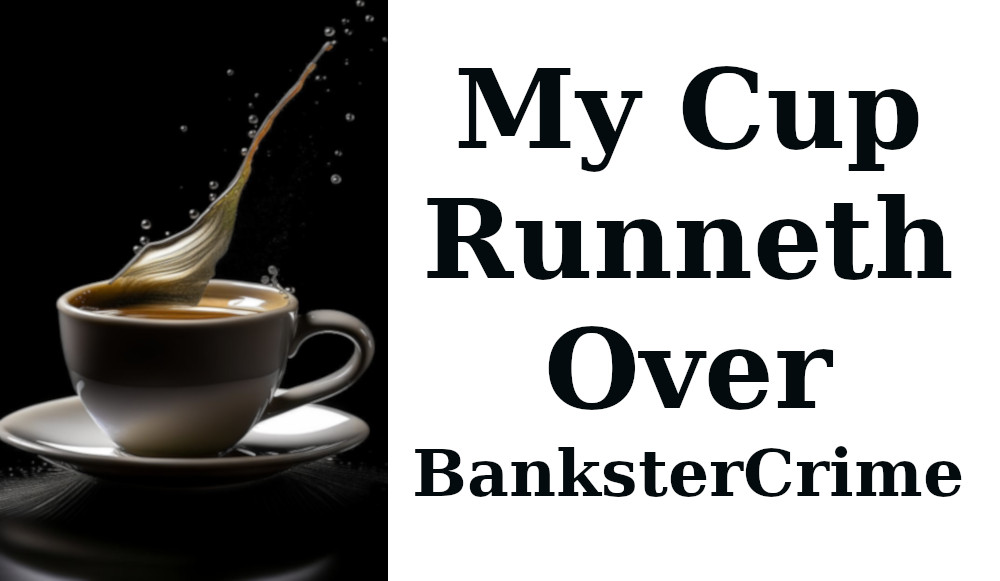
![]()


